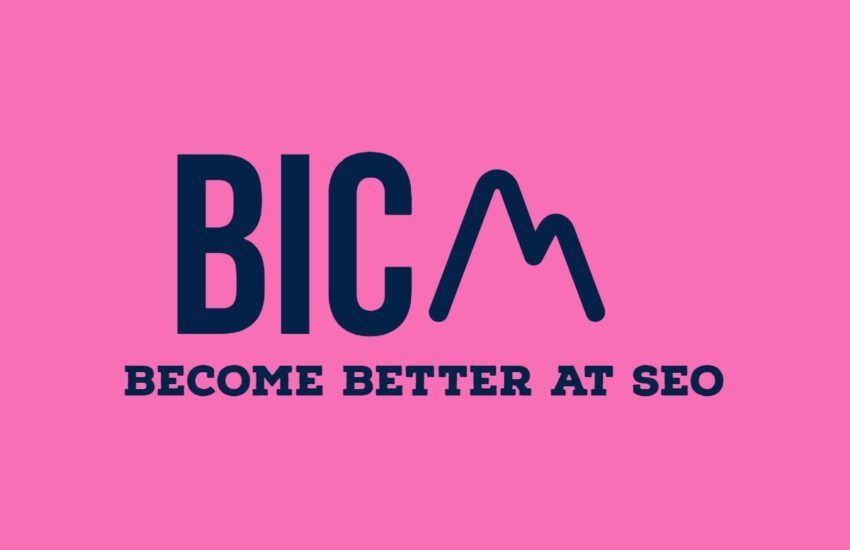How to Write Engaging Content for Parenting Blogs
What are Parenting Blogs?
Parenting blogs are like online journals where parents share their experiences, tips, and advice about raising children.
It’s kind of like having a chat with other parents! In parenting blogs, moms and dads write about topics like pregnancy, childbirth, baby care, toddler tantrums, and teen parenting.
They share personal stories, offer practical advice, and discuss challenges and successes in parenting. Parenting blogs also often include helpful resources, such as product reviews, recipes, and parenting hacks.
These blogs help parents connect with others facing similar experiences, learn from each other, and find support and encouragement.
Whether you’re a new parent looking for guidance or a seasoned parent sharing your wisdom, parenting blogs are a valuable resource for navigating the ups and downs of parenthood.
Parenting blogs have become increasingly popular in recent years, as more and more parents turn to the internet for advice, support, and inspiration.
As a parenting blogger, it’s important to create engaging content that resonates with your audience and keeps them coming back for more.
In this article, we’ll explore some ideas for creating compelling and informative blog posts that will captivate your readers.
1. Share Personal Stories and Experiences
One of the most effective ways to engage your readers is by sharing personal stories and experiences.
Parents love to hear about the challenges and triumphs of others, as it makes them feel less alone in their own parenting journey.
Whether it’s a funny anecdote, a heartwarming moment, or a lesson learned, sharing your personal experiences can create a deep connection with your audience.
For example, you could write a blog post about a particularly challenging phase your child went through and how you navigated it.
Be honest and authentic in your storytelling, and don’t be afraid to show vulnerability. This will help your readers relate to you and feel more connected to your content.
2. Provide Practical Tips and Advice
Another way to engage your readers is by providing practical tips and advice.
Parenting can be overwhelming at times, and parents are always looking for guidance on how to navigate various situations.
Whether it’s potty training, sleep training, or dealing with picky eaters, sharing your expertise and offering practical solutions can be incredibly valuable to your audience.
When writing these types of blog posts, be sure to break down the information into easy-to-digest sections.
Use bullet points or numbered lists to make the content more scannable and user-friendly.
Additionally, consider including relevant images or videos to further enhance the readability and understanding of the tips and advice you’re providing.
3. Discuss Current Parenting Trends and Debates
Parenting is a constantly evolving landscape, and there are always new trends and debates emerging.
Engage your readers by discussing these current topics and sharing your perspective. This could include topics such as screen time limits, gender-neutral parenting, or the benefits of homeschooling.
When discussing these trends and debates, it’s important to present multiple viewpoints and encourage respectful dialogue in the comments section.
This will not only make your blog post more engaging but also foster a sense of community among your readers.
4. Interview Experts and Other Parents
Another great way to create engaging content is by interviewing experts and other parents.
This could be a pediatrician, a child psychologist, a nutritionist, or even a fellow parenting blogger.
By featuring these interviews on your blog, you not only provide valuable insights and information but also introduce your readers to new voices and perspectives.
When conducting interviews, prepare thoughtful questions in advance and give your interviewees the opportunity to share their expertise or personal experiences.
Consider recording the interview and embedding the audio or video file in your blog post to make it more interactive.
5. Write Product Reviews and Recommendations
Parents are always on the lookout for products and services that can make their lives easier.
Writing product reviews and recommendations can be a valuable resource for your readers and a way to monetize your blog through affiliate marketing.
When writing product reviews, be honest and transparent about your experiences with the product. Share both the pros and cons, and explain how the product has benefited you or your child.
Additionally, consider including high-quality images of the product and links to where readers can purchase it.
Conclusion
Parenting blogs serve as invaluable resources for parents navigating the challenges and joys of raising children.
By providing a platform for sharing experiences, tips, and advice, parenting blogs create a supportive community where parents can connect, learn, and find encouragement.
In an increasingly digital age, where parenting advice is abundant but not always personalized or reliable, parenting blogs offer authentic insights and firsthand accounts that resonate with readers on a personal level.
Additionally, parenting blogs address a wide range of topics, from pregnancy and childbirth to toddler tantrums and teenage challenges, catering to the diverse needs and interests of parents at every stage of their journey.
Furthermore, parenting blogs empower parents to make informed decisions, access helpful resources, and feel less alone in their parenting journey.
Ultimately, parenting blogs play a vital role in fostering a sense of solidarity, providing guidance, and fostering a supportive community for parents worldwide, making them an indispensable tool for modern-day parenting.
Creating engaging content for parenting blogs is all about connecting with your audience and providing value.
By sharing personal stories, offering practical tips, discussing current trends, interviewing experts, and writing product reviews, you can captivate your readers and establish yourself as a trusted resource in the parenting community.
Remember to always be authentic, informative, and supportive in your content, and your blog will thrive.


